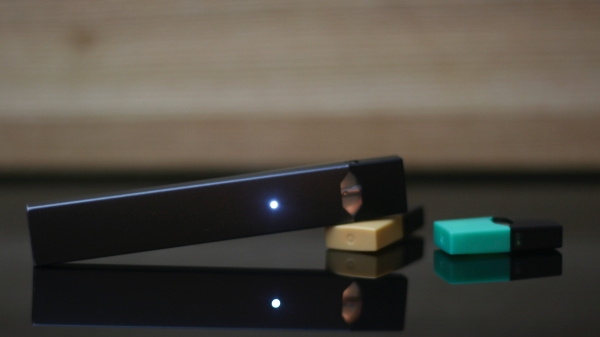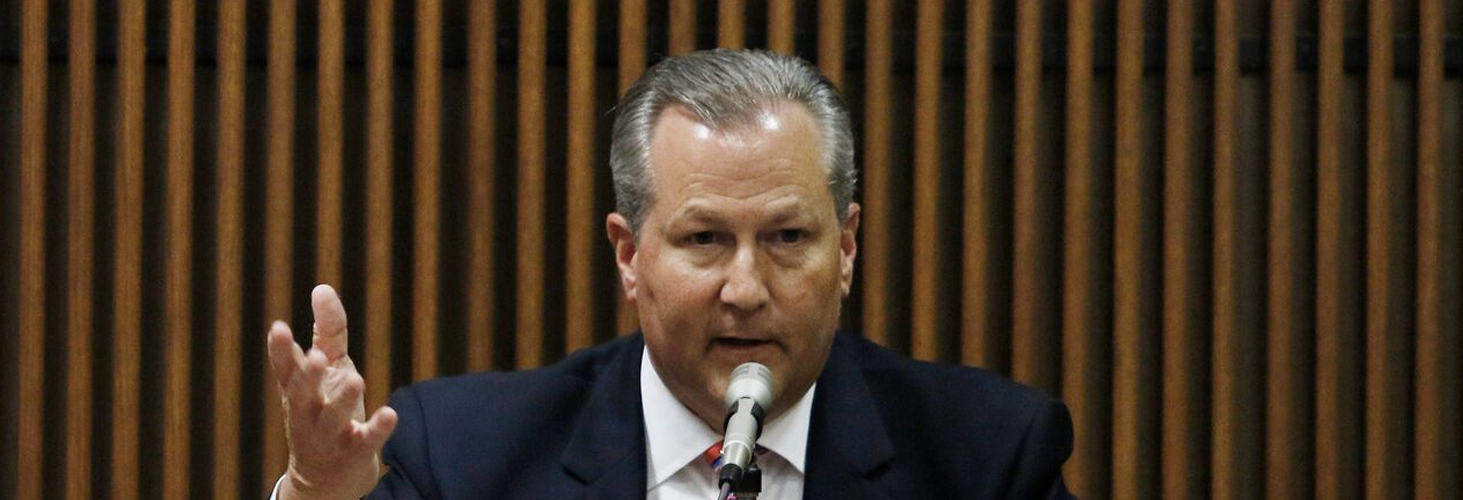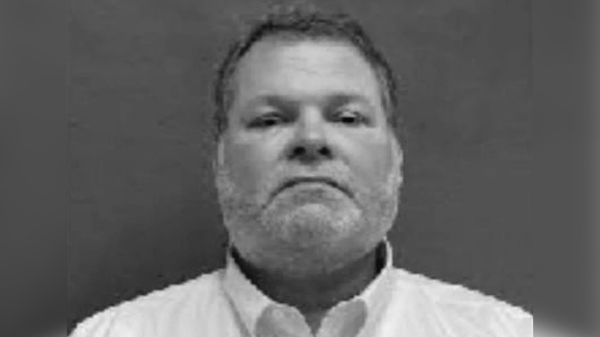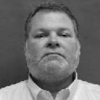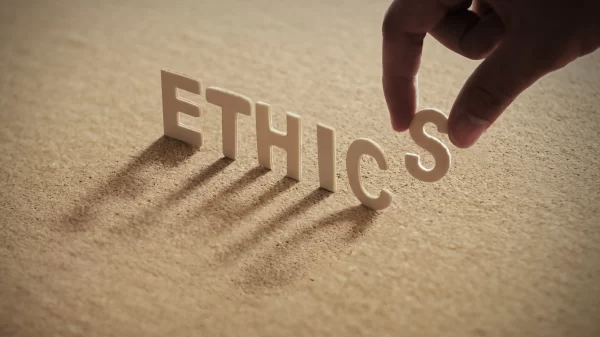By Chip Brownlee
Alabama Political Reporter
MONTGOMERY — Gov. Robert Bentley’s alleged ethics violations might be all over the news right now, but former House Speaker Mike Hubbard’s ethics convictions might be back in your newsfeed again soon.
There has been little movement in former House Speaker Mike Hubbard’s appeals case since he first filed a request for an appeal last fall, but all of that could change this month.
The Court of Criminal Appeals has set April 26 as the deadline for Hubbard’s attorneys to submit their first written brief, according to court documents. That would be the first substantial move in Hubbard’s fight to overturn his 12 felony ethics convictions.
The due date notice was sent on March 30 after Lee County Circuit Clerk Mary Roberson submitted the Court Record on Appeal from his Lee County trial — a 1,800-page document that includes all motions, orders and transcripts from Hubbard’s two years of court proceedings.
The notice was filed on the state’s electronic court filing system on Monday.
Hubbard’s lead defense attorney, former Lt. Gov. Bill Baxley, said their written brief would be filed by the April 26 deadline, and they have no plans to request an extension.
The filing of the Clerk’s Record on Appeal had previously been delayed since Hubbard first launched his appeal in October 2016. Roberson has said the record would be “complex” and “voluminous,” requiring time extensions for her office to prepare it.
The court record was first due to the lawyers and the Court of Criminal Appeals back in November, but Roberson has filed several motions with Court for time extensions — each time they were approved and the appeal was delayed by 28 days.
The case involved multiple felony charges and consisted of well over 550 filings, Roberson said in her motions — too much to do in a few months, especially when a the Lee County Circuit Court relies on one specialist to prepare all of their court records.In total, the record turned out to be more than 7,800 pages.
In total, the record turned out to be more than 7,800 pages.
“While this number of filings alone are rare in a criminal case and would warrant an extension of time, many of these filings are Under Seal, which will make preparation of the Clerk’s Record even more complex,” she wrote. “The Clerk’s Record will be voluminous in its transcript and exhibits.”
In the appeal, Hubbard’s attorneys have said they will take the trial court’s verdict to task on juror misconduct and court error in ruling on pre-trial, trial and post-trial motions. Baxley has also said the jury was biased against the former speaker.
“We have probably a dozen issues with the verdicts,” Baxley said Tuesday. “We think any of the dozen issues are sufficient for us to prevail in appeal. I think we have got evidence that certainly raises the question of whether some of the jurors were biased.”
Hubbard was automatically removed from office in June 2016 after being found guilty of 12 felony ethics violations — violations of the same ethics law he himself helped push through the Legislature in December 2010 during his first special legislative session as Speaker.
A month later, Lee County Circuit Judge Jacob Walker sentenced Hubbard to a 12-year base sentence split between four years in a State correctional facility and eight years on supervised probation. Walker oversaw Hubbard’s trial from its infant days in October 2014, when Hubbard was first indicted on 23 felony ethics charges, to its conclusion two years later.
Each individual conviction carried a possible sentence of 2–20 years and up to $30,000 in fines. The total minimum sentence, if Walker had chosen it, could have been 24 years in prison. Instead, Walker chose to split each charge between prison and probation and then allow Hubbard to serve many of them concurrently with one another. Walker’s method, while lenient, is not uncommon.
Baxley submitted a post-trial motion over the summer asking for the verdict to be overturned and for an investigation to be launched by the Lee County Sheriff’s Office into possible juror misconduct. Walker denied the motion because he said there was no evidence of juror misconduct.
Hubbard’s attorneys also filed a post-trial motion in August asking for a new trial or for the verdict to be thrown out. Walker denied those motions as well.
In their motion, Hubbard’s attorneys said he was not provided a fair trial because of the expert testimony of former Ethics Commission Executive Director Jim Sumner. Sumner served as executive director when Hubbard approached the commission for informal ethics decisions.
The informal advice pertained to several consulting contracts between Hubbard’s Auburn Network Inc. and several trade organizations and companies. At one point, Hubbard was being paid as much as $30,000 a month from his consulting contracts.
Sumner, who served as executive director of the commission for years, later testified in the trial about the meaning and intent of the ethics laws, helping to guide the jury at the bequest of the prosecution.
Hubbard’s attorneys repeated a storyline that recurred throughout the trial: Baxley told the court Sumner was allowed to improperly influence the jury by testifying to an overly broad interpretation of the ethics laws — an overly broad interpretation that they no doubt plan to fight in appeal.
Throughout the trial and after the verdict dropped in Opelika last summer, Baxley and the other attorneys repeated claims that the prosecution relied on an incorrect interpretation of the law covering relationships between principals and legislators.
Hubbard’s attorneys said principals can give things of value to legislators whom they consider a friend — the so-called “friendship exemption.”
The ethics law does allow for the giving of things of value if there was preexisting friendship, but Hubbard’s team had a hard time proving his friendships were preexisting.
Hubbard, whom Baxley said still “absolutely” maintains his innocence, will remain free on bond until a verdict is rendered in the appeal.
“We don’t even think he should have been indicted,” Baxley said. “What occurred was not criminal conduct in our opinion. What he did was not a violation of criminal statute. That’s the bottom line.”
Email Chip Brownlee at cbrownlee@alreporter.com or follow him on Twitter.














